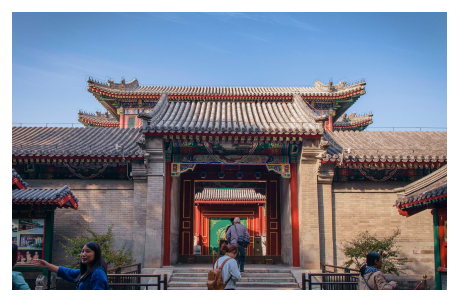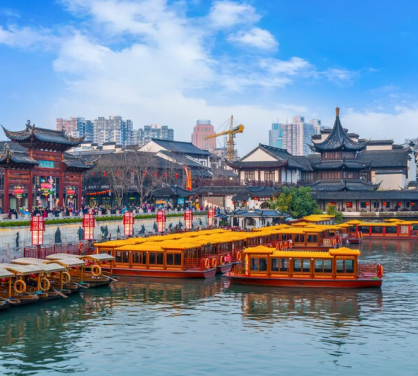Highlights
- Glide through picturesque canals and historic streets in Zhujiajiao Ancient Town
- Savor local specialties in a charming setting
- Experience Shanghai’s vibrant nightlife with stunning views from the Bund.
Whats included
- Lunch
- Alcohol Beverages
- Bottled Water
- Private Transportation
- Airport or cruise port pickup and drop-off (if outskirt departure option is selected)
- Hotel pickup and drop-off
- Private English or Chinese tour guide (Other languages are available on requesting)
- 144 hours visa free assurance for large groups
- Can accommodate large groups
- Certified Guides in English
Excluded
- Not include airplane, and personal expenses
- Gratuities
- Additionally food and drinks
- Admissions










